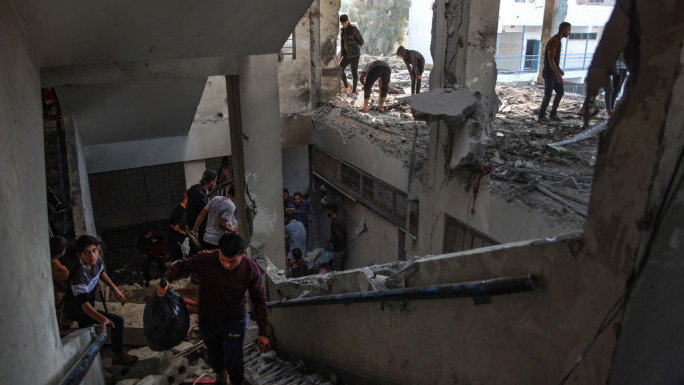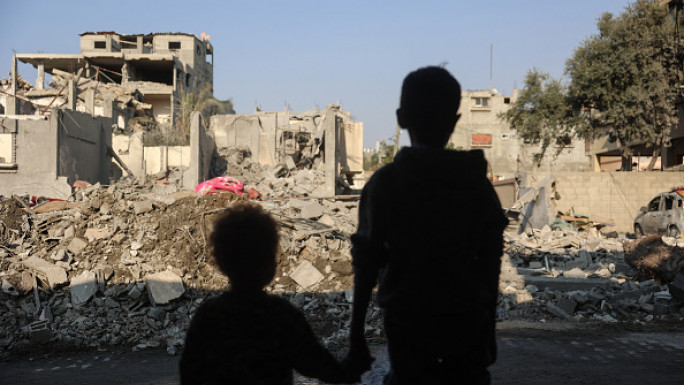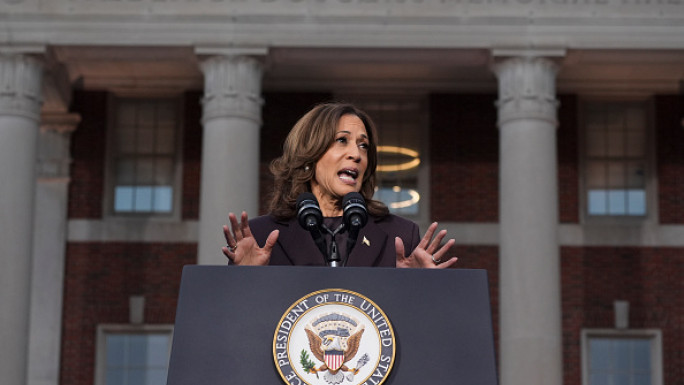
On Syria, Jill Stein resorts to odd conspiracy theories
The brutal war in Syria is commonly thought to have started when mass protests calling for democracy against the dictatorship of Bashar al-Assad were crushed by his forces, thus sparking an armed uprising and mass defections from the army.
However, some, such as Stein, would appear to reject this explanation in favour of theories involving the region's natural resources.
|
— Dr. Jill Stein (@DrJillStein) October 22, 2016" style="color:#fff;" class="twitter-post-link" target="_blank">Twitter Post
|
"Please, for the love of God, someone tell this conspiracy theorist-appeasing moron to stop tweeting," wrote blogger and activist Joey Hussein Ayoub on Facebook.
Others criticised Stein for marginalising the voices of Syrians.
"At this point, for a public figure claiming to be on the left to think that the conflict in Syria has anything to do with pipelines can only be explained by a deeply ingrained imperial racism that sees no need to listen to Syrians in struggle or pay any attention to them at all," wrote Jason Rising on Facebook
An energy analyst had earlier debunked the article's analysis in The National.
"Qatar has no problem exporting its gas, in liquefied form, to Europe and the Far East, to a diversity of customers, with no dependence on risky overland pipelines," wrote Robin Mills.
"But if Doha had wanted that much to build its Syrian pipeline, it would have been easier to make the Assads an offer they could not refuse, rather than sponsoring an uncertain and ruinous uprising."
Jill Stein has come under criticism for Putin apologia, warning that the election of Hilary Clinton could spark "World War III" with Russia.
Before it was picked up by a journalist, Sein had a statement on her website saying that the United States should end any military role in Syria, impose an arms embargo, and work "with Syria, Russia, and Iran to restore all of Syria to control by the government."
The "other third candidate" in the US election, Gary Johnson’s stance on Syria also came under scrutiny when he asked "what Aleppo" was last month.


![President Pezeshkian has denounced Israel's attacks on Lebanon [Getty]](/sites/default/files/styles/image_684x385/public/2173482924.jpeg?h=a5f2f23a&itok=q3evVtko)



 Follow the Middle East's top stories in English at The New Arab on Google News
Follow the Middle East's top stories in English at The New Arab on Google News


